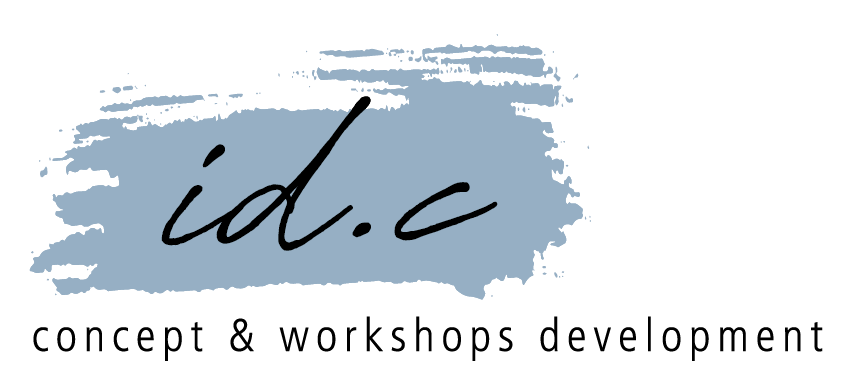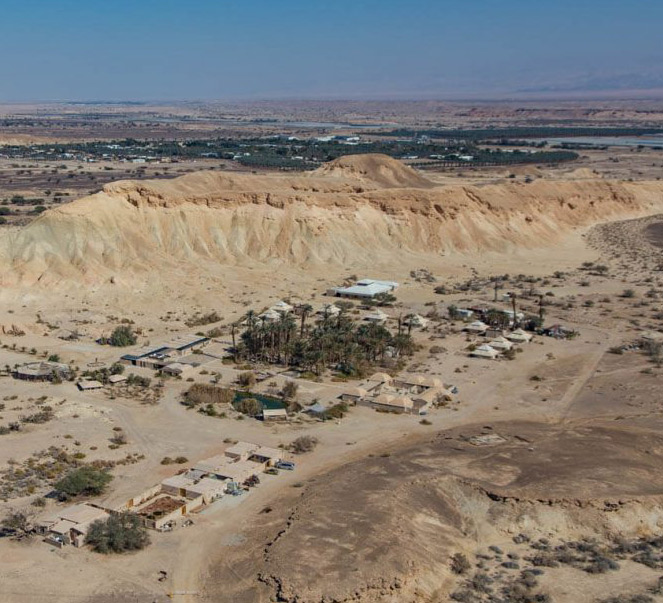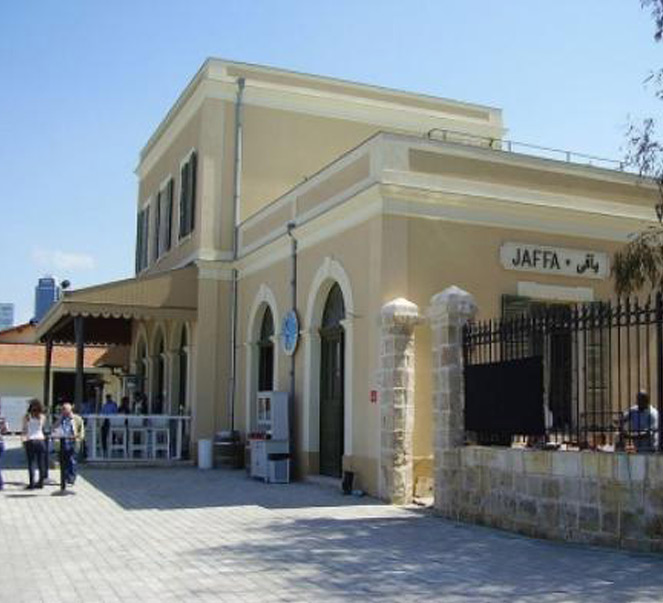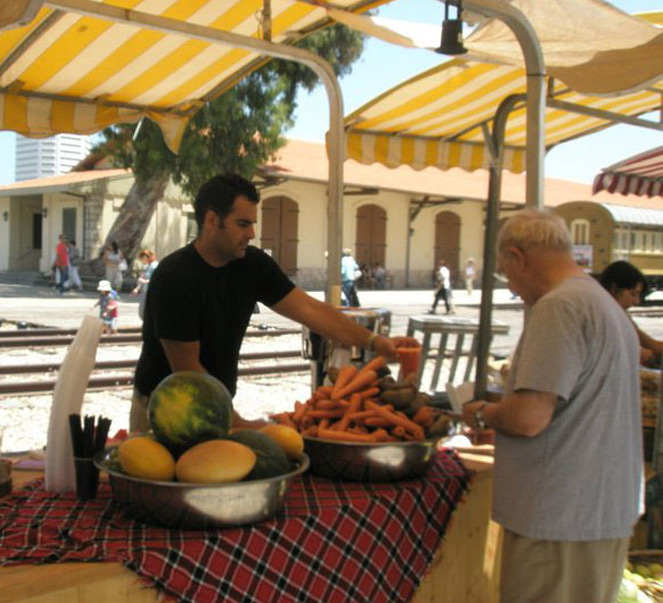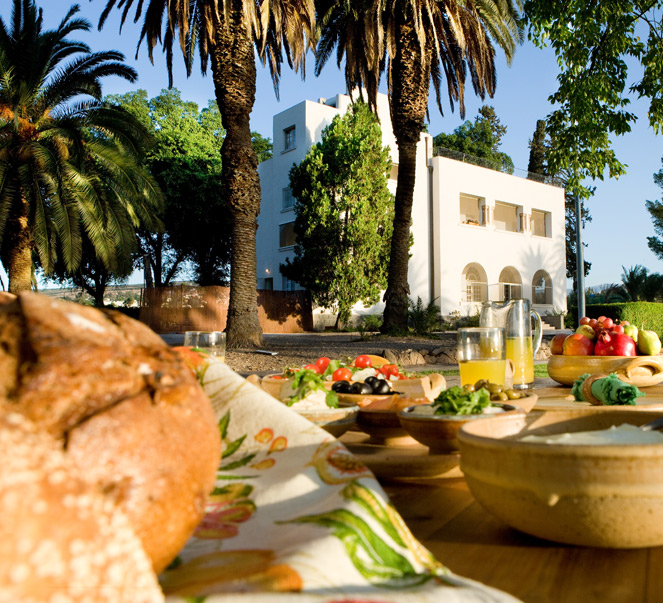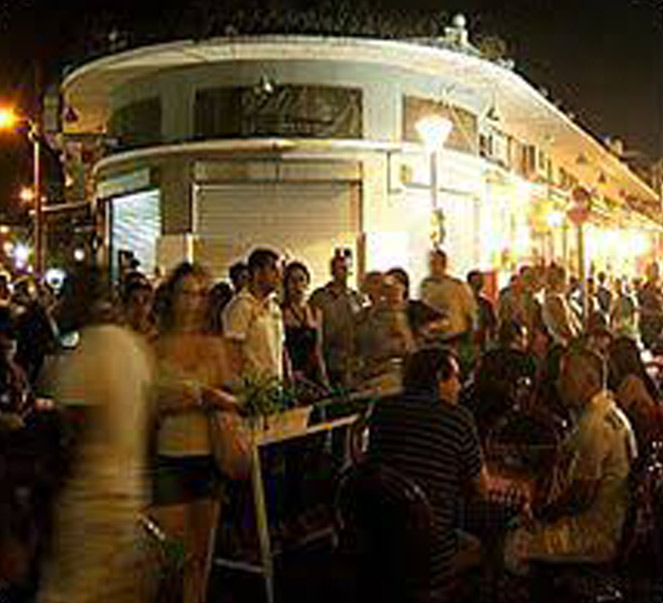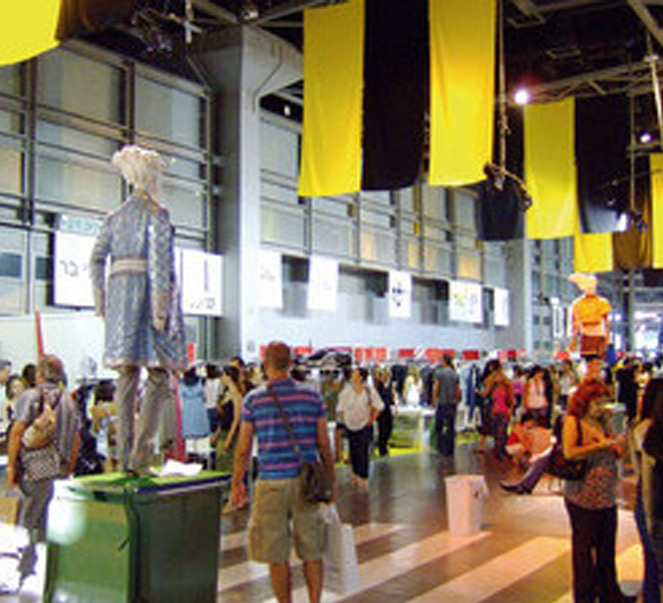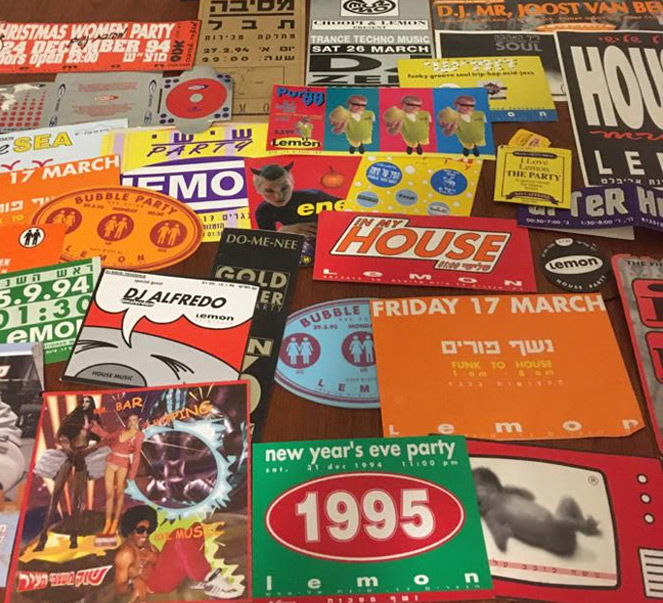Projects
It all begins with an idea, a perception, a concept – but one seldom gets very far without knowing how to transform ideas into actions, into a living and breathing initiative… a brand. Ida Cecula has been turning ideas into a successful initiative for over 27 years. Developing concepts, Cecula turns visions into reality with the precision and accuracy of a high end production, down to the very last detail; and most importantly, with an open heart and a guiding hand.
Development, promotion and creative content for the service and workshop industry
2013-2024
For over a decade Ida has been developing workshops and complementary content for events of up to 100 participants, led by lead instructors in their fields: movement, yoga, mindfulness and meditation. Some of the people she worked with include: Ohad Naharin, Gabi Doron, Keren Arbel, Maty Lieblich and more.
The ‘Havruta’ concept, which was developed from the festival scene, creates a family vacation including workshops for children, teens and parents alike. The workshop focuses on themes such as nature, art, the parent-child relationship and our relationship with ourselves. The event, which is completely screen-free and serves a strictly vegetarian menu, focuses on consolidating families and offering them an alternative experience.
2022 – development and consultation for projects and workshops around the world, and the production of workshops throughout Europe.
‘Moa oasis’
2010-2013
Moa is located in the Arava desert and stretches over 60 dunams of land. Purchased by Sefi Kiryati, it was founded in an attempt to create an institute for a culture of peace. The construction of the site took many years and was done in labor, building the center out of bricks made of local earth.
My attraction to the place started during construction, when I set out to develop the site according to the owner’s vision; a workshop center. The development process took two years and exposed the Israeli workshop scene, which consisted of a small niche of instructors, to the Arava desert and Moa Oasis. Moa boasts 30 rooms and serviced tents, and can host up to 100 people per workshop. Over the years Moa has gained a reputation for being the most scenic location in Israel.
‘Tel aviv hatachana site’
2008-2010
The old Jaffa train station is located near the picturesque Neve Tzedek neighborhood and the Tel Avivian coast, and spent many years being a closed military zone stretching over tens of dunams and including dozens of templer structures.
Two years prior to the grand opening and in a way fitting for an urban development project of such scale, the mayor of Tel Aviv introduced Cecula to the ‘Vitania’ company and Avi Mordoch, who had won the rights over the old station. In the very first stages of the reconstructive process, Cecula was already beginning to develop the cultural concept that the site will be so identified with later; a mix of shops, restaurants and conceptual structures – along with the ‘Station Markets’ initiative, which has since become a Tel Aviv staple bringing in a weekly stream of tourists and residents alike.
The complex debuted in 2009 under vast media attention, and has been bringing in tens of thousands of guests every weekend – becoming one of Israel’s most aesthetically pleasing commercial complexes to date.
‘Station markets’
2009-2010
Ida Cecula’s unique concept, created and developed for the HaTachana complex, in accordance with the terrain and development requirements.
The initial concept resulted in the development of two separate markets. By operating on different days and catering to different crowds, the markets developed separate identities: one being the first bio-organic farmers market to launch in Israel, while the other (‘Unik) is a young yet prestigious designer market. Over 20 wooden stalls were designed and built for the market project, all of which were specifically designed to transport and operate for sales.
‘Urbanic’
2010
The first bio-organic farmers’ market in Israel, launched in order to familiarize the Israeli consumer with sustainable organic agriculture, and developed in association with the Israel Bio-Organic Agriculture organization. In an attempt to encourage farmers to adopt organic agriculture in a controlled, responsible way – the market operates on Fridays and hosts live music and a unique atmosphere, doing the old station complex proud and bringing in thousands of people all year round, while being one of the main motives for the organic agriculture revolution in Israel.
‘Villa melchett’
2007-2009
The enchantingly historic Villa Melchett rests on the banks of the Kineret. Built by Lord Melchett sometime in the early 1920s, it had the honor of hosting some of the nation’s most important figures. The Rosenfeld family, current owners of both the villa and surrounding lands, has approached Ida in hopes to develop the aging complex. Together with Daniel Rosenfeld, Ida created a vision of the villa operating as both Israel’s first vacation rental villa and a private events’ venue. In 2007 the villa was renovated, restored and redesigned – equipped for hosting once more, including a fully accessorized chef kitchen. For over five years the villa and the surrounding 9 dunams served as a private kingdom-for-rent.
” Flea nights”
2006-2008
The Jaffa flea market has long been an ancient antique market, located in a neglected part of town. Having recognized the market’s immense potential and authentic charm, Ida longed to attract young Tel Avivians and turn it into the “next big thing”. After years of pleading with the municipality’s culture department, a budget was carved out for her and she got the green light from both the mayor and the culture department. Bringing her concept to life, “Night Flea” was born – bringing in a stream of fashion and product designers, artists and second hand shops to set up their stalls next to the Flea Market peddlers. Art institutes such as Bezalel and Shenkar set up special projects with their students, revolving around themes such as vintage and recycling, and organizing exhibitions in the Amiad Cultural Center. DJs from all across the country and the world started playing sets of electronic, 50s and 80s music. “Night Flea” operated every year on Thursdays of the first 4 weeks of summer, attracting crowds of tens of thousands.
‘City designer market’
1995-2007
An event and concept produced by Ida’s privately owned production company. Having successfully operated for 12 years, the City Designer Market hosted over 1000 new designers in its peak. The event took place twice a year, bringing in over 30K visitors to Ganei HaTaarucha.
The City Designer Market started out as an underground operation with live DJs, and set out to connect young fashion designers with the Tel Avivian nightlife. The event started out in various south Tel Aviv garages, hosting 1000 visitors, and quickly became a well covered tradition taking place twice a year for three days straight, doing the Israeli fashion industry proud.
The City Designer Market brought the contemporary Israeli fashion scene to the public, helped establish local fashion brands and provided and advanced a generation of talented designers.
“Lemon” club
1993-1999
It all began on a balcony in Shenkin, where three restless 23 year olds who had just returned from NYC envisioned an underground club in Tel Aviv. A month later – the dream transformed into reality. The trio began developing and designing a club that will later become a Tel Avivian 90s night life landmark.
The Lemon Club launched in 1993, in the Florentin neighborhood. It became the first afterhours club in Tel Aviv, opening its doors only in the early hours of the morning. It was one of the first clubs to import house music to Israel. The Lemon Club operated for 12 years and was a mythical Tel Avivian institute and a cultural nightlife icon.
